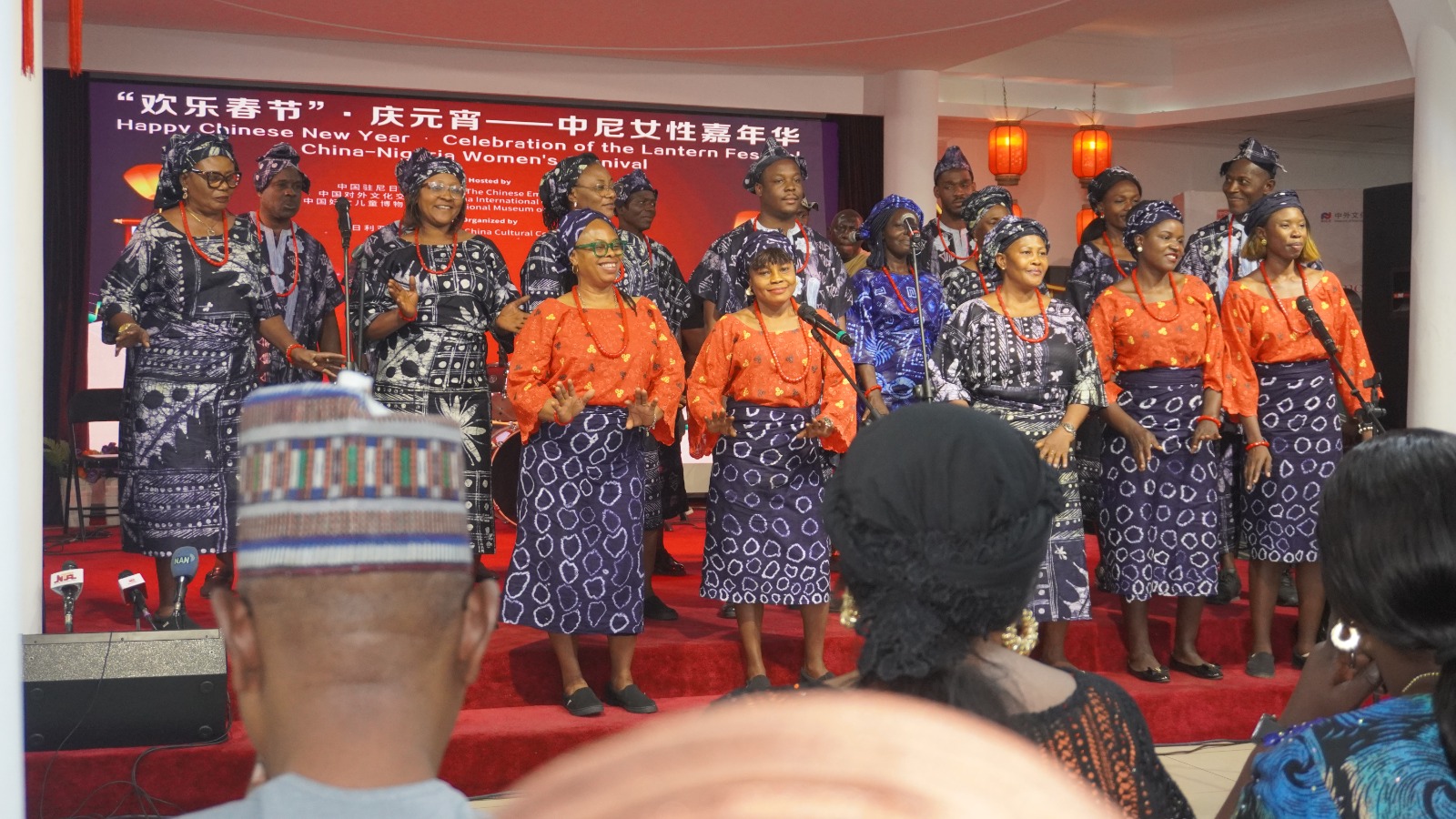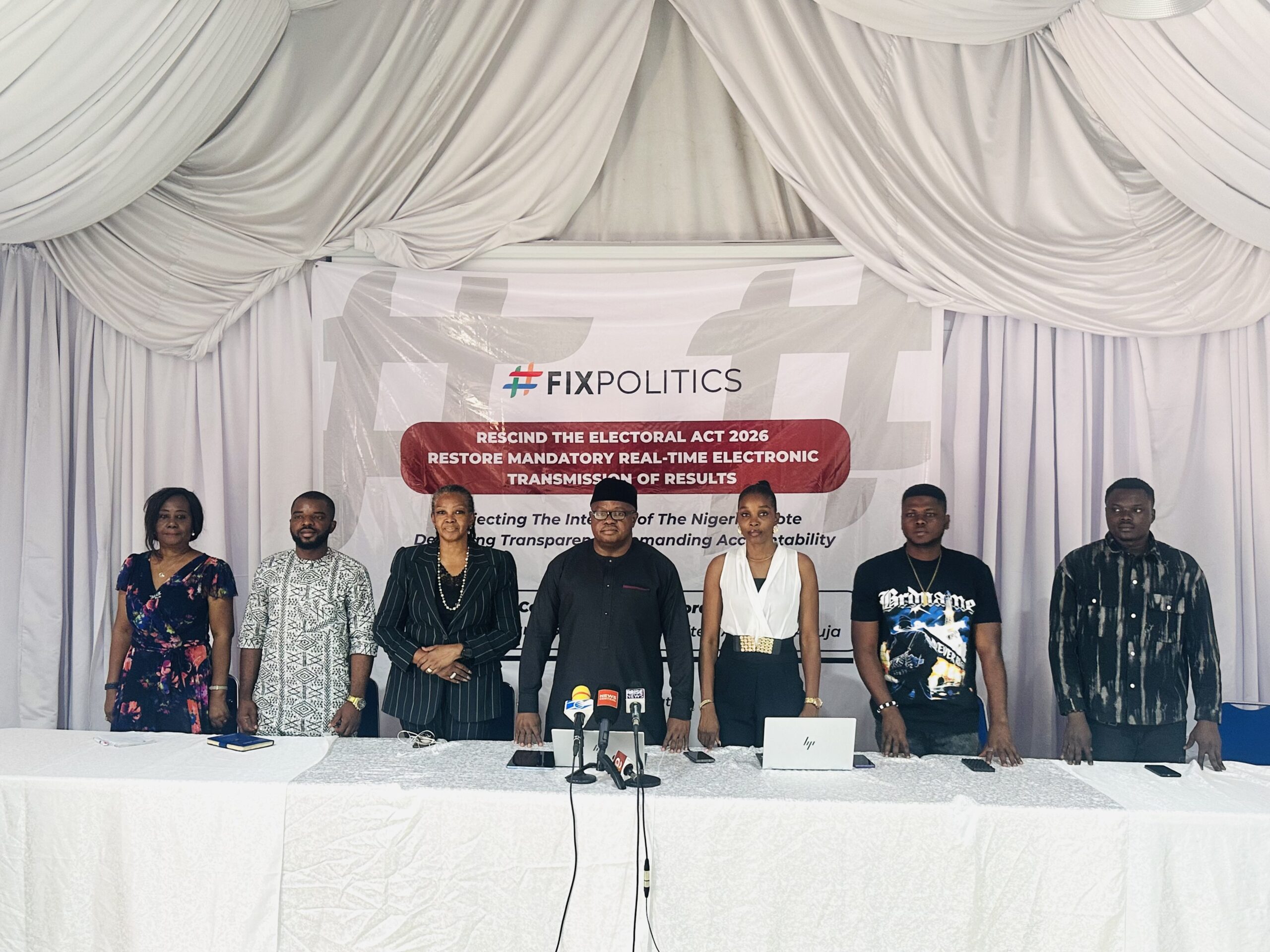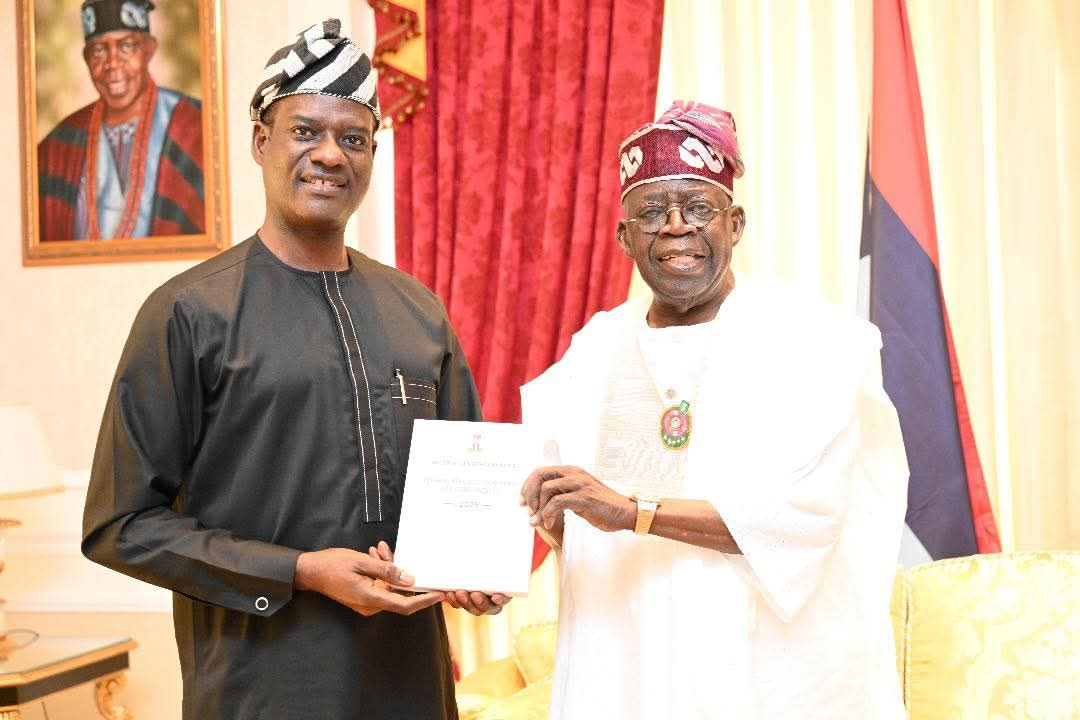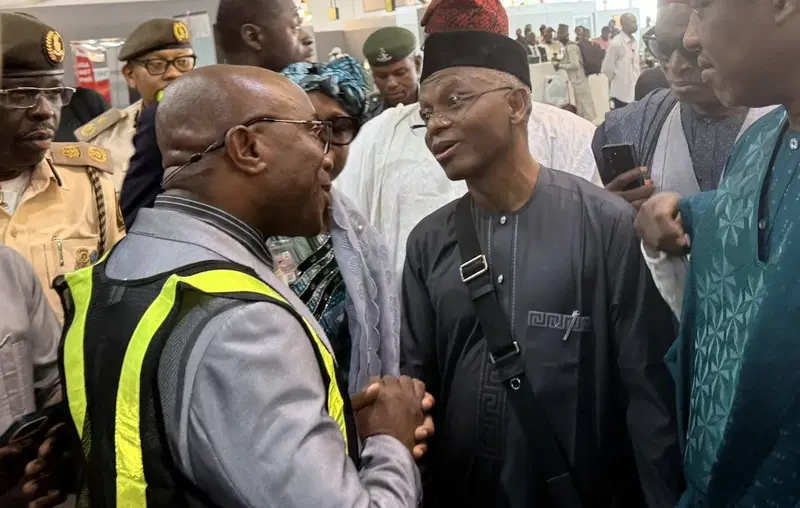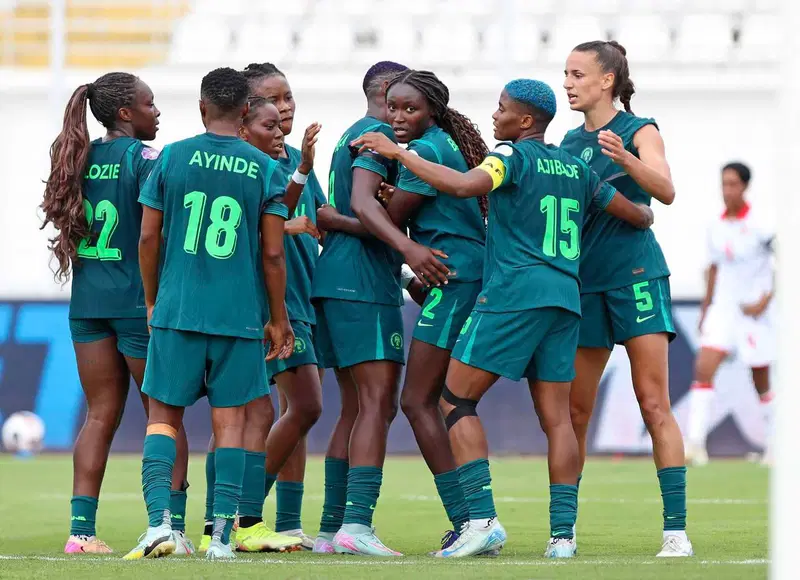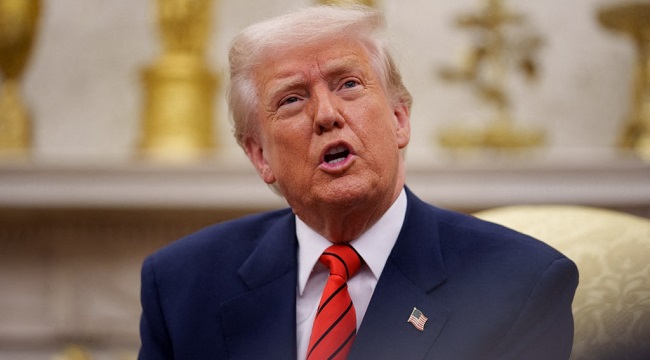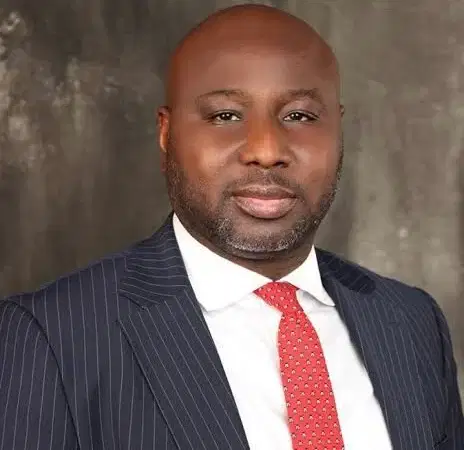Feature
The Good Old Days: When Newspapers Were The Internet
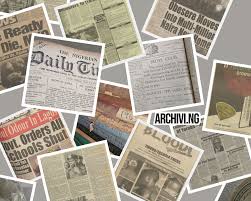
In today’s world, news travels faster than ever. A few taps on your smartphone or a quick scroll through social media gives you access to breaking stories from around the globe, at any time of day. But just a few decades ago, there was a time when newspapers were the lifeblood of information, offering the first glance at headlines and shaping public opinion in ways that digital platforms do today. In Nigeria, the newspaper era wasn’t just about reading; it was an experience, an era where you relied on printed words and images to stay connected with the world around you.
The Power of the Printed Word
Imagine it: a crisp morning, the sun still rising, and you’re on your way to work or school, stopping by your favorite kiosk or newsstand to pick up your copy of the newspaper. Whether you were looking for the latest updates on Nigerian politics, sports, or entertainment, newspapers had it all. They were not just newsprint but a daily ritual for many Nigerians.
Back in the day, if you wanted to know what was happening, newspapers were your go-to source. Even though radio and television offered broadcasts, they couldn’t compare to the depth and richness of information that the newspaper could offer. The daily print edition came with a combination of breaking news, local and international updates, and in-depth features that kept readers hooked. There was something about the feel of the paper in your hands, the rustle of pages turning, that made the news feel more tangible.
Newspapers: The Bridge Between Government and the People
In a country like Nigeria, where political developments are ever-changing and the pulse of the nation often beats in the newsrooms, newspapers played a crucial role in connecting people to what mattered most. Whether it was political unrest, economic shifts, or the latest government policies, newspapers were the platforms where everything played out. The likes of The Punch, ThisDay, Vanguard, Guardian, and Daily Trust became staples in households, each offering its own unique perspective on the events shaping the country.
Nigerians trusted these newspapers to deliver updates from the seat of power. Government officials, ministers, and even presidents were frequently quoted or featured, making newspapers an essential part of the public discourse. Citizens formed their opinions based on the voices of these publications, and discussions around the breakfast table often revolved around the latest headlines from the day before.
Whether it was political change, elections, or international relations, newspapers covered it all in ways that seemed more permanent than today’s instant, disposable digital content. Every headline felt significant, and every article seemed to matter.
The Entertainment Section: From Nollywood to Music
Apart from politics and current affairs, newspapers also played a vital role in shaping the entertainment scene in Nigeria. They were the central source for all things Nollywood, the Nigerian film industry that was rapidly gaining international recognition. Movie reviews, celebrity gossip, new film releases, and even exclusive behind-the-scenes looks were all accessible through your daily read.
Many fans remember picking up newspapers to find the latest updates on their favorite actors, directors, and musicians. The Guardian and Daily Sun were renowned for their insightful interviews with top Nollywood stars, offering readers an inside look into their lives. In the world of music, newspapers were often the first to break news of a new album release, concert tour, or hot single hitting the airwaves.
The entertainment pages were filled with vibrant color, photographs, and stories that turned the daily routine into something fun and exciting. For a long time, these pages were the pulse of Nigerian pop culture, giving voice to artists, producers, and personalities in a way that no other platform could at the time.
The Special Role of Nigerian Journalists
It’s also worth recognizing the role of Nigerian journalists, whose work contributed to the richness of these newspapers. Reporters, columnists, and editors would spend countless hours in newsrooms, investigating, interviewing, and writing stories that would not only inform the public but also serve as a mirror to the society they were reporting on. Names like Dele Giwa, who tragically lost his life in a bombing in 1986, remain iconic. His fearless reporting during the military regime is remembered as a testament to the power of the press in shaping political discourse and holding governments accountable.
Journalists worked tirelessly to provide comprehensive and accurate reports, often risking their lives to bring truth to the masses. The idea that “journalism is the first draft of history” became clear in Nigeria during the days when the newspaper was the primary medium for shaping public opinion and discourse.
The Newspaper as a Social Connector
In many households, newspapers were more than just a way to get the news. They were also a point of connection within families and communities. Passing the newspaper around became a social ritual. Grandparents, parents, and children would all share different sections, engaging in conversations that bridged generations.
The newspaper was often a focal point of daily interactions. “Did you read about the latest protest in Lagos?” was a common question among neighbors. “Have you seen the gossip column today?” was a favorite conversation starter. Newspapers helped define social circles and discussions, bringing people together to talk about current events, political opinions, and even the latest scandals in the celebrity world.
The Decline and the Rise of Digital Media
While newspapers once ruled the media landscape, the digital age gradually began to change things. The rise of the internet, smartphones, and social media platforms offered Nigerians a new way to consume news. Sites like Naija.com and Punch.ng made it easier to access information with a simple click. With the introduction of social media apps like Facebook and Twitter, people could get real-time updates on breaking news, bypassing the need for traditional newspapers.
This shift has created a new era of news consumption. Newspapers, once regarded as the most trustworthy sources of information, are now competing with the speed and convenience of online media. Despite the obvious advantages of digital media, the loss of the newspaper era has left many nostalgic for the days when print was king.
The Legacy of Newspapers in Modern Nigeria
While digital media has taken over, the legacy of newspapers in Nigeria still holds weight. They laid the foundation for today’s media landscape, fostering critical thinking and responsible journalism. Even though news now travels at lightning speed, there remains a certain respect for the in-depth reporting and editorial work that newspapers brought to the table. The stories that once filled the pages of the Punch or Guardian now find their way into blogs and online forums, but their influence remains undeniable.
For many Nigerians, newspapers were not just about reading the news; they were about the experience—the smell of ink, the excitement of a front-page headline, and the joy of flipping through the sections. They were the internet of their time, shaping a generation that would carry forward the importance of credible journalism into the digital age.
Today, while we may rely on our smartphones to catch the latest updates, there will always be something special about the good old days when newspapers were the internet. They were not just a source of information—they were the heartbeat of Nigerian society, offering stories that were not just told but felt.
-

 News1 day ago
News1 day agoFour killed in Ramadan alms stampede in Katsina
-

 News1 day ago
News1 day agoNorthern states witness protests over Iran leader’s death
-
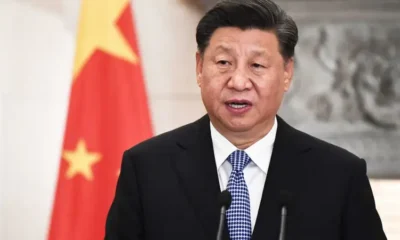
 World News1 day ago
World News1 day agoChina backs Iran’s ‘self-defence’ as middle East war escalates
-
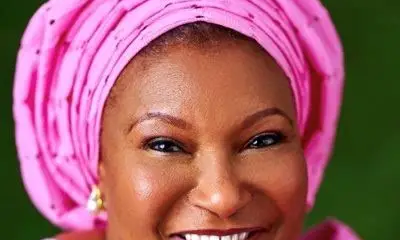
 News1 day ago
News1 day agoIreti Kingibe won’t return to Senate in 2027, Wike declares
-

 Metro1 day ago
Metro1 day agoNAF neutralises senior terrorists in Sambisa air strikes
-
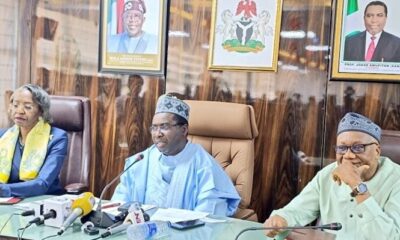
 News1 day ago
News1 day ago2027: INEC assures electronic result transmission, says perfect poll not guaranteed
-
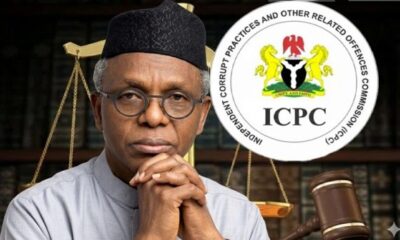
 News1 day ago
News1 day agoICPC defends El-Rufai’s detention, alleges wiretapping devices found
-

 News2 days ago
News2 days agoNEMSAS expands emergency medical services nationwide, urges NCC to strengthen 112 access

